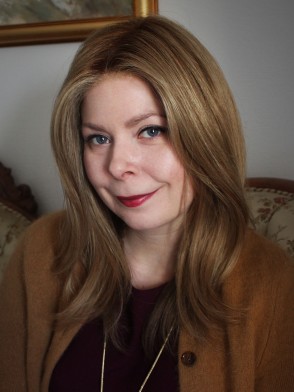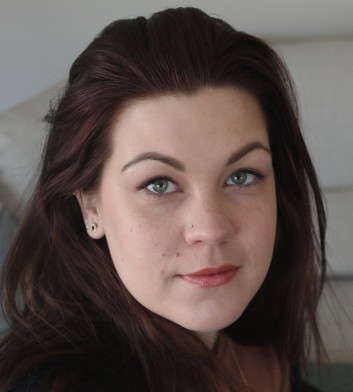Letzte Woche haben wir bereits allgemein über Slow Fashion berichtet, jetzt wollen wir euch ein neues Lable vorstellen, das nachhaltig produziert. Wyilda af Norden wurde vor fast einem Jahr von Hanna Wallo und Petra Salenvall in Schweden gegründet und wird im kommenden Jahr eine erste Kollektion an nachhaltig produzierten Schals herausbringen. Wir haben uns mit Petra über Wyilda af Norden, Nachhaltigkeit und ihre Produktion in China unterhalten.
How did your brand “Wyilda af Norden” come about?
Hanna and I have known each other since childhood. One of my earliest memories involves watching Hanna make intricate fashion drawings. She has lived and breathed fashion for as long as I can remember. I always knew that Hanna had a future in fashion, that was clear to me from the start. I did not know, however, that one day, our career paths would cross.
I have a background in business and politics. When I hit thirty I started thinking more about where I was heading, and what I want to get out of life. Instead of just talking about labour related injustices and preserving our earth, I decided to do something about it.
During this period Hanna and I started playing with the idea of a fashion brand that focused on design, sustainability and social responsibility. So, a little more than a year ago we decided to become business partners, and in January 2017 Wyilda will be launched. Doing things right takes time.
How did you choose the name “Wyilda af Norden”?
Hanna and I grew up in Haparanda – a small township located in the North of Sweden. Growing up surrounded by forest, creates a special bond with nature. The forest was where we went play, pick berries and do winter sports. Some days I even skied to school. We are children of the North and we wanted our brand to reflect that. Wyilda is our celebration to the Northern way of life. The name Wyilda plays the words: Wilderness and the Wild. Wilda is also a name in Swedish.
All this boiled down to a fictional character that we call Wyilda (you can read the full story of Wyilda on our website). She is a symbol of courage, strength and kindness. Wyilda is in all of us. We hope that the scarf can be a reminder of that. Whenever you are scared to take the leap: Be Wyilda.
This is how the brand got its name.
You call yourself the “first brand to bring Scandinavian sustainable-luxury accessories to women who refuse to compromise on ethics and aesthetics”. What do you mean by that?
When sustainable fashion started becoming a thing, a common misconception was that sustainability meant compromising on design. We want to right that wrong. Hence, our mantra: we refuse to compromise. For us design, sustainability and social responsibility are equally important. Actually, quality is another value that we don’t compromise on.
You say you have “complete control of our production in developing countries”. How do you make sure of that?
We are not in control of our production in China. Our vision for the future is to be in complete control of our production in developing countries. We are a small brand about to launch our first collection, needles to say, our finances are very limited. If Wyilda is a success and we can produce large enough quantities, we will find a contract factory that produces exclusively for Wyilda. That way we can set the conditions for the collaboration. That puts us in a position where we can set the standards. These standards should be the same regardless of where in world the employees are stationed. And when we talk about good working conditions, we use the Scandinavian countries as role models.
The fact that we are not in a position to control our production, forces us to find other ways to help improve the working conditions for women in fashion factories. That’s why we have decided to partner with Awaj – a well-renown trade union for women working in Bangladeshi fashion factories. We will donate five percent of our profits to Awaj, and in return they have agreed to educate us on the working situation of their members. This helps us prepare for the future.
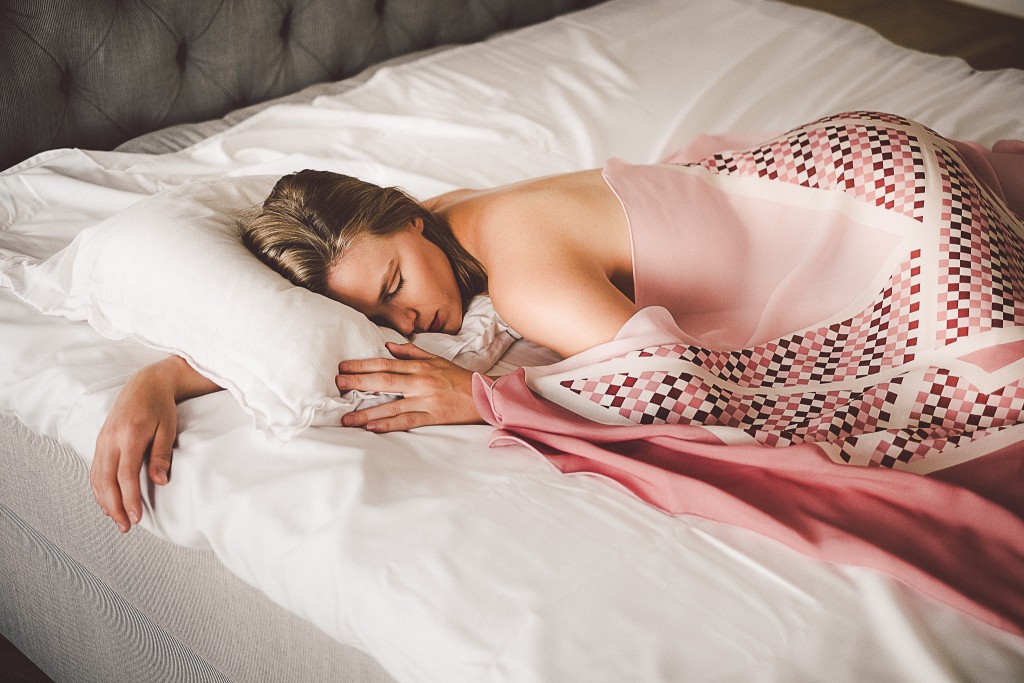
Photo: Thomas Ohlsson Photography
How do you monitor your production in China?
Our current production partners follow the legislation set by the Chinese government. We have also been in contact with ILO to check if they have any issues on our production partners. They do not. By publishing our list of suppliers, others can help monitor our partners. Any signs of unethical behaviour, and we will change our suppliers. This is basically all that we can do, with the resources available.
Also, let us be clear about one thing; we did not choose production partner based on production cost. The unit price per scarf is the same as in Italy. In fact, we chose the one factory that could show Oeko-Tex certification for every single component that goes into the scarf (Oeko-Tex tests for hazardous chemicals). We have also confirmed that the certifications are valid in the Oeko-Tex database. The quality of the fabric is also factored in. We only work with the best raw materials available. The high momme count that we use was a bit difficult to find. It took us one year, and a visit to Premiere Vision in Paris, to find our production partner. During the first year we contacted close to one hundred factories around the world. Again, trying to do things right takes time.
What, in your opinion, is the most important thing to look for in ethical fashion?
When it comes to ethical fashion transparency is key. I have the utmost respect for brands that disclose their full supply chain. Transparency is the only way for others to control how the clothes are made. I wish there was an easy way for people to verify that a garment is ethically made, but unfortunately, there is not. I hope that this will change in the future. In January, you will be able to find our list of suppliers online.
Thank you so much!
wyilda.com
instagram.com/wyildaafnorden
facebook.com/wyildaafnorden
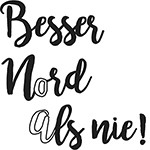
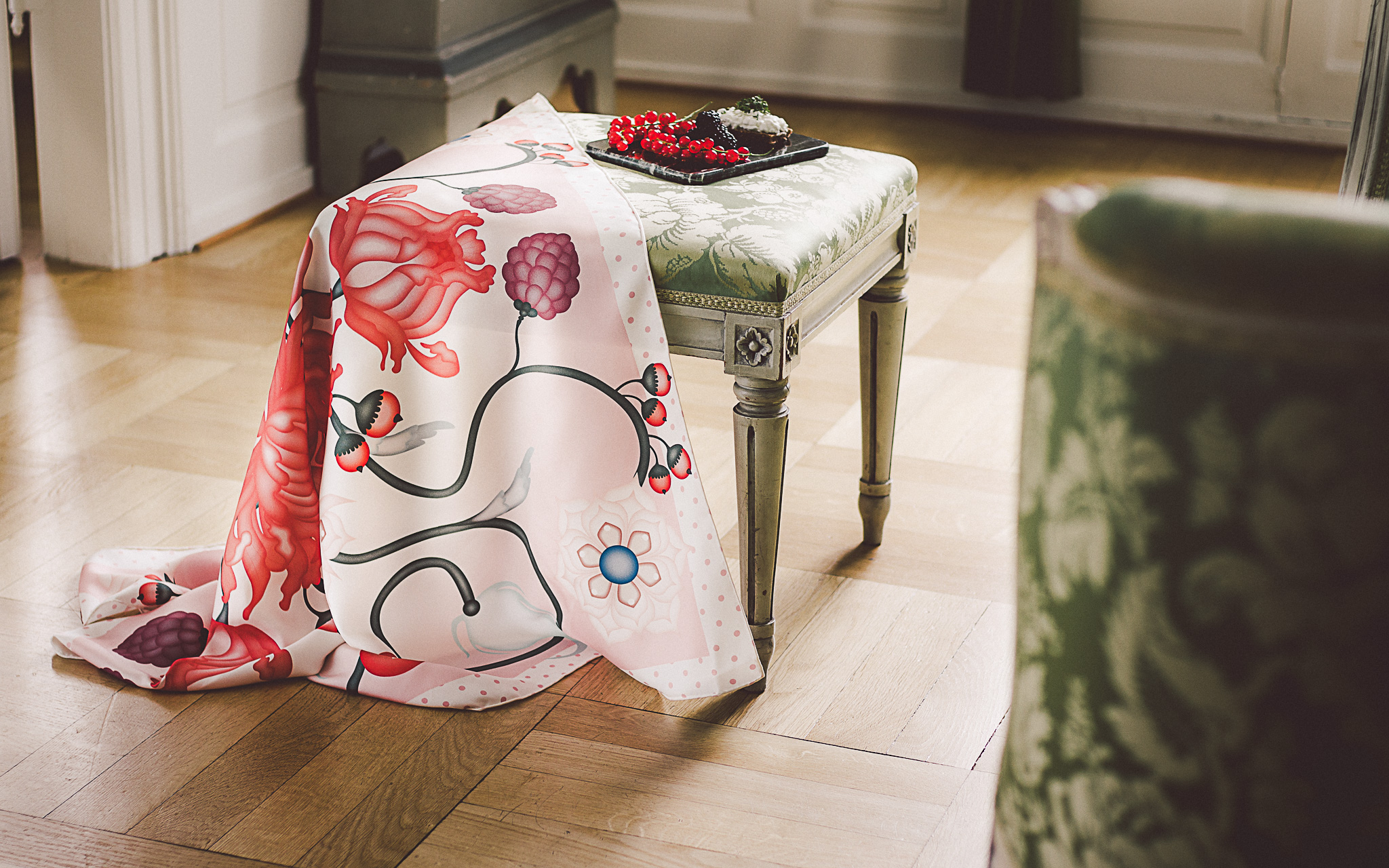 Photo: Thomas Ohlsson Photography
Photo: Thomas Ohlsson Photography 